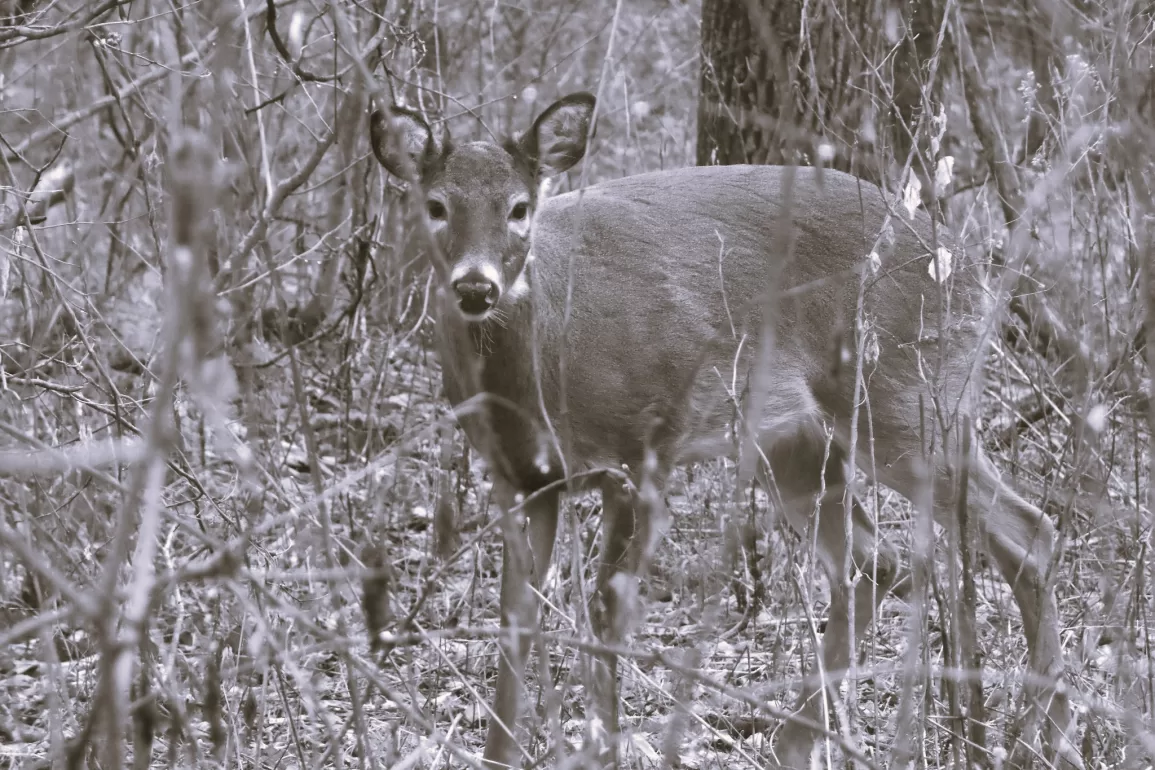After running into each other on a Vermont trout river and falling into conversation one evening, Ted and I became fast friends. Like a lot of old-fashioned upcountry people, he was one who decided within ten minutes or so of meeting a stranger–on evidence clear to nobody but himself–whether he needed to know that person or not. Worthless. I heard Ted use that term a lot, sometimes applying it to people I considered perfectly worthy, in some cases even estimable. Everything...

